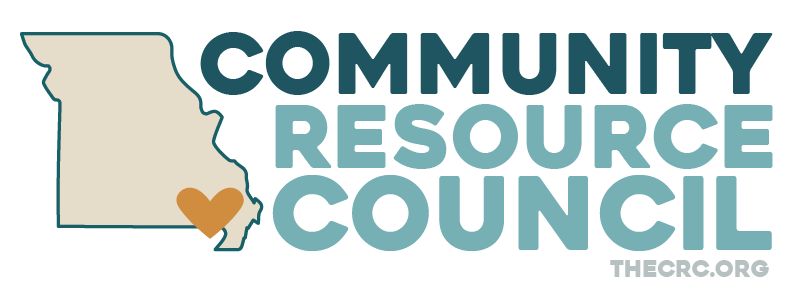A couple of months ago we discussed how autonomy can be a protective factor for substance use. This month’s blog is just going to build on that concept as we discuss how Identity Exploration in Love and World View can also be protective factors for substance use. Before we dive in, I want to remind you that the most important thing we can do to prevent substance use with our children is to maintain a strong bond with them. When bonds are weakened or broken, our children are faced with a whole set of risk factors that could make them more likely to turn to substance use. So, I ask that you read with an open mind and remember the goal is to maintain strong bonds with our families.
Today’s youth are exposed to more than ever. They are faced with more possibilities and information than ever before. Social Media, cell phones, and other electronic devices have changed the way of the world for our children, and they will not grow up the same way we did. So, while you may not be able to relate to your child's exploration of love or world view I encourage you to consider these reasons why it may be important for your child to do so.
Identity exploration—whether in love, personal values, or worldview—plays a crucial role in protecting young people from substance use. Here’s why:
Stronger Sense of Self – When youth actively explore their identity, they develop a clearer understanding of their values and goals. A strong self-concept can help them resist peer pressure and avoid risky behaviors.
Increased Emotional Resilience – Exploring relationships and worldviews helps young people build coping strategies, making them less likely to turn to substances as a way to manage stress or emotions.
Healthy Social Connections – Forming meaningful relationships based on shared values fosters supportive friendships, which can act as a buffer against influences that encourage substance use.
Critical Thinking Skills – Questioning societal norms and personal beliefs enables young people to make informed choices rather than impulsively engaging in risky behavior.
Future-Oriented Mindset – When youth have a strong sense of purpose and a vision for their future, they are more likely to prioritize long-term goals over short-term gratification through substance use.
When we remember our goals as parents and prioritize our child’s well-being first we are able to effectively guide and shape them into becoming productive adults in society.
